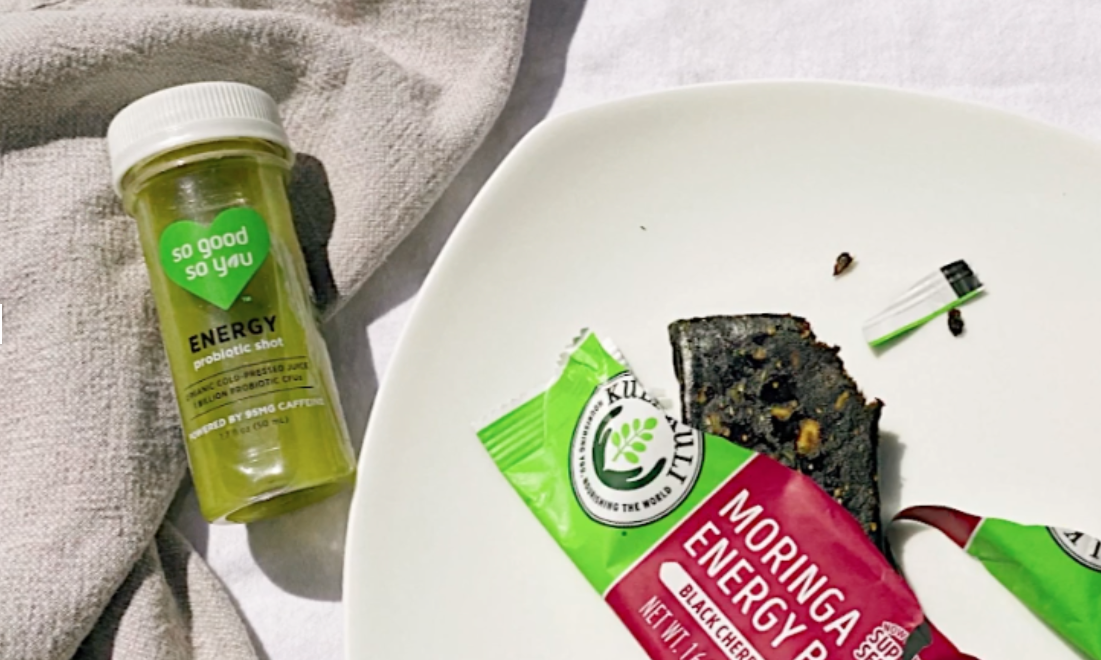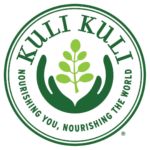We’re entering an era where hope, toilet paper, and clean sweatpants seem to be in short supply. A walk down my previously bustling neighborhood in Oakland, California, shows little activity. Most small businesses have some sort of “closed temporarily” or “take-out only” signs.
Many of the signs were scrawled hastily when the San Francisco Bay Area instituted a shelter-in-place mandate on March 16th. A few of them crossed out the “until April 7th,” the date, when shelter-in-place was supposed to end, and replaced it with lines like “until all this is over.”
But recently I came across a bakery on the corner with a line of over 20 people, loosely standing 6 feet apart. They waited to pick-up their locally baked bread and pastries. A question formed in my mind: are certain small businesses actually seeing increased activity in the era of COVID-19 quarantine?
Small Business Success Amid Quarantine
I knew that toilet paper companies, hand sanitizer businesses, and grocery stores were turning profits. But what about small neighborhood stores? And what about businesses outside of the outbreak hotspots of Washington, California, and New York?
Yelp recently published a Coronavirus Economic Impact report measuring which businesses are facing the largest decreases in activity, and the few that are thriving.
The small businesses published as “doing well” in the Yelp report might surprise you. I offer a review below, as well as an additional surprise: “distanced connection” is also what inspired me to launch this company in 2014.
Surprise #1 – Toilet Paper with Your Takeout and Bellhops with Your Bacon
The Yelp report shows an increase in takeout orders—this may sound obvious to anyone living in a jurisdiction, where restaurants have been forced to switch to takeout models. But restaurants outside those areas have seen a huge increase in delivery orders too, with a national increase 139x the norm.
Long-time takeout staples like Thai restaurants, pizzerias, and fast food restaurants are doing particularly well, with food court and buffet options down significantly. A few restaurants are getting creative and delivering their customers toilet paper rolls with their takeout. Not only does this engender repeat orders and positive Yelp reviews, but also it’s a great way for restaurants to disperse a surplus of toilet paper. After all, they no longer have customers using their bathrooms.
Many online grocery options, such as Good Eggs, Instacart, Peapod, and retailer-specific delivery options are overwhelmed and frantically hiring more staff. In another interesting twist of corporate creativity, Albertsons is partnering with Hilton to hire many of the hotel workers, recently laid off, as grocery store staff.
Surprise #2 – Fortune Tellers Over Roof Fixers
With a record-breaking 3.28 million people filing for unemployment in a single week, it’s clear that there is a cloud of fear and uncertainty. Long-term planning, like home improvement projects, are low on the priority list. Consequently, businesses supporting home projects are down. For example, roofing and deck services are down 85% and 66% respectively. On the other hand, all this anxiety about the future has been a boon to fortune tellers: supernatural readings are up 136%.
Eating local is another behavioral shift I’ve noticed. Perhaps people want more control of their food and its source? The line at my local bakery may indicate more than “good bread.” With increased fear of infection risks from grocery stores, many Americans have sought to purchase food closer to its source.
This switch to buying local has lifted community-supported agriculture by over 400%, farms by 149%, and fruit and vegetable stores by 123%. Clearly, eating local is no longer just for environmentalists in the new coronavirus economy.
Surprise #3 – Beauty Goes to the ‘Gram
As SNL so beautifully illustrated with the parody of an Instagram influencer using Crayola markers to do her makeup, beauty norms have changed in the coronavirus era. Day spas, tanning, waxing, and eyelash services are down between 16-23%. Beauty services often get up close and personal. Risking proximity with beauty service providers feels less necessary in the quarantine era. Can anyone really see my overgrown eyebrows on video chat anyway?!?
On the other hand, SNL may have been onto something as Instagram influencers have seen their audiences skyrocket. Many influencers are increasing the amounts they charge brands to showcase their products.
Surprise #4 – We Want to Get Outside
Two weeks of quarantine might have accomplished what decades of public health campaigns never managed to instill. More Americans are exercising outdoors than ever before. Why? Fear of gyms and a quarantine-induced claustrophobia propels us into wild spaces. With heightened stress and anxiety too, people may be drawn to open spaces more than ever. We need spaces to calm our restless, worried minds.
Consequently, there has been a boom for businesses that sell hunting, fishing, and hiking supplies. Some of these activities have doubled. For people where the warmth of spring hasn’t quite made it, “at-home” fitness equipment has been a lifesaver, with many of those businesses up 400%+.
If you’re trying to avoid the economic impact of the coronavirus, now might be the time to move to the Dakotas. North and South Dakota are the two least impacted states in the country with few cases of COVID-19. Consumer behavior closely resembles business as usual there.
Washington, California and New York hold the dubious honor of being the states most impacted by the pandemic. Unfortunately, recent reports show that the virus is spreading to more rural communities, with heartbreaking tales of communities such as Albany, Georgia left reeling from the impact.
Surprise #5 – Distanced Connection Helped Launch Kuli Kuli
I was heartbroken to leave my Peace Corps position in Niger. It was 2011 and the notice was short: I had to evacuate from the village, and leave immediately. It felt like my entire heart—and my life plan—was breaking. On March 16th of 2020, all Peace Corps volunteers had to evacuate. That hit close to home for me.
I can only imagine the stress and heartbreak that people around the world are feeling in response to this global pandemic. It is not easy. This is a trying time.
I want to offer a bit of hope here, because my unexpected departure from Niger, and the distanced connection that followed, prompted me to begin the line of questioning that led to Kuli Kuli’s launch. When I was back in the US, I had so many questions.
How do I continue this important work around food security and social justice? What would it look like to deepen the connections to the people I met, despite the separation?
When I came home from Niger, I was devastated. But eventually, I began to think about how to continue my passion for women’s empowerment, food security, and sustainable agriculture. I knew from my Peace Corps experience how powerful moringa was as a superfood, but it lacked a market.
Together with a few friends, I launched a crowdfunding campaign on Indiegogo. I wanted to raise enough money to manufacture moringa superfood bars and support small women moringa farmers like the ones I had met in Niger. The crowdfunding campaign was the most popular food campaign Indiegogo had ever had. It enabled Kuli Kuli to launch onto the market in 2014.
I share this because, in this trying and dark times, it is vital to hold onto hope. All we can do right is focus on “actionable items.” It is important to get creative and support each other, especially among small businesses.
Workforce Survival & Small Business Strategy
No one knows whether this economic disaster will resemble a storm or a long winter. As I’ve written about before, it is imperative that small business owners use creativity, care, and thoughtful planning to weather this disaster. Small businesses employ nearly half of the private sector workforce and their ability to survive will determine the length and breadth of this recession.
Our country is truly treading in uncharted waters. As Carl Bialik, Yelp’s Data Science Editor, explained, “We’ve never seen a consumer shift like this before…Businesses are more versatile now, they have more technology to draw upon and the pieces were in place for consumers to shift quickly.”
Who knows what the long-term behavioral impacts will be, and what strategies small business will need to adopt in order to survive. Will Americans continue eating local produce, ordering takeout and hiking regularly even when the pandemic subsides? Can restaurants unaccustomed to takeout create new takeout-friendly menus and lure new customers with unexpected toiletries? Can hotel workers find new jobs delivering online groceries?
Only time will tell what economic and consumer shifts the future will hold. For now, I’m just thrilled to know that at least a few businesses, like my local bakery and many fortune tellers, are thriving.














